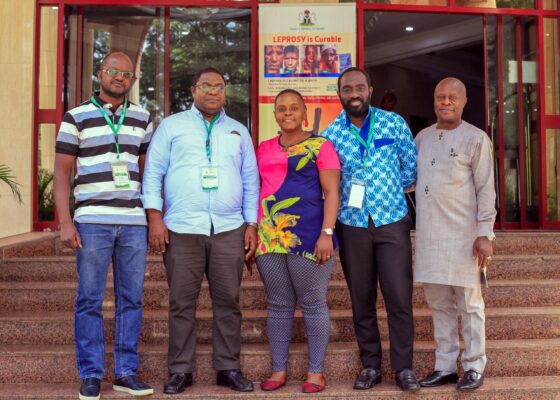
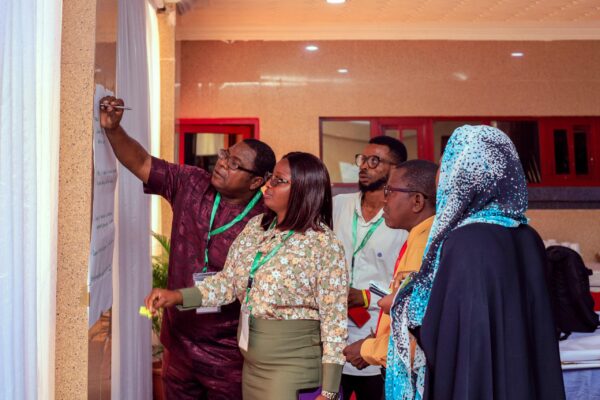
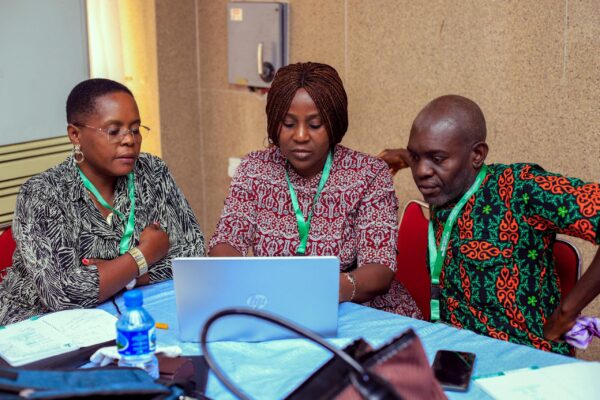
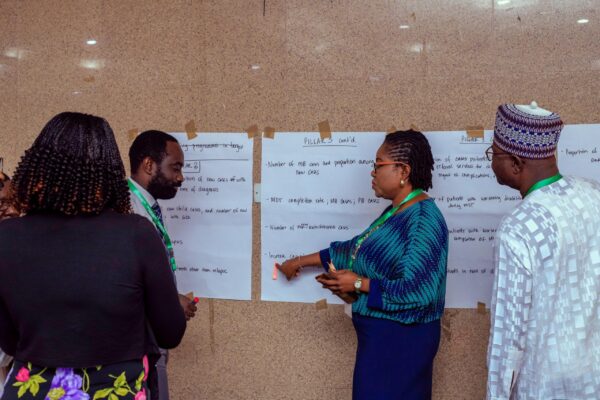
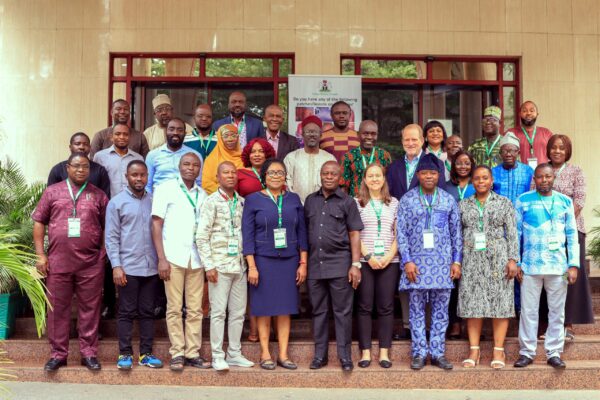
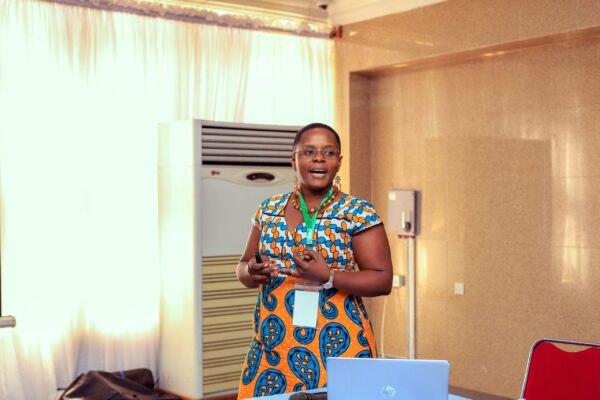
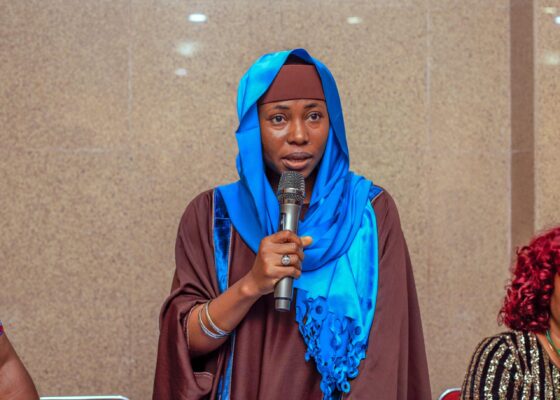
In October 2022, the Global Partnership for Zero Leprosy worked with the National Leprosy Programme of Nigeria to conduct the Zero Leprosy Country Review. The review was requested by the Nigerian National Leprosy Programme, headed by Dr Anyaike Chukwuma and Dr Adebayo Peters. The objective of the country review was to take stock of the programme’s current status and define key priorities for the future following the Zero Leprosy Country Model. Nigeria reviewing also assessed the current state of Buruli Ulcer in the country, so GPZL relied on Buruli Ulcer experts to assist with data collection and setting roadmap targets.
A team of four international and national leprosy and Buruli Ulcer experts participated in the country review process. The team visited communities across each of the country’s six zones to conduct a participatory analysis of the National Leprosy Programme, record progress made by the programme, and identified gaps to be filled. The review team collected national-level data and district-level data from 12 states: Cross River, Akwa Ibom, Ebonyi, Enugu, Ogun, Oyo, Benue & Plateau, Bauchi, Gombe, Sokoto, Kebbi, and FCT Abuja. Thirty stakeholders then convened in Abuja to review the data and develop a Zero Leprosy Roadmap.
Key strengths identified in the country review include a strong network of NGO partners which has a strong relationship with the Ministry of Health, as well as the presence of persons affected organizations. Areas identified for improvement include early case detection and treatment, leprosy and Buruli Ulcer capacity building, and increasing access to rehabilitative services.
At the conclusion of the review, stakeholders agreed upon the Zero Leprosy Roadmap that outlines strategies to meet milestones in 2023, 2025, and 2030. The roadmap informs Nigeria’s Zero Leprosy Action Plan, the strategic plan that will guide the country toward ending leprosy in Nigeria. The action plan was also created immediately following the development of the roadmap.